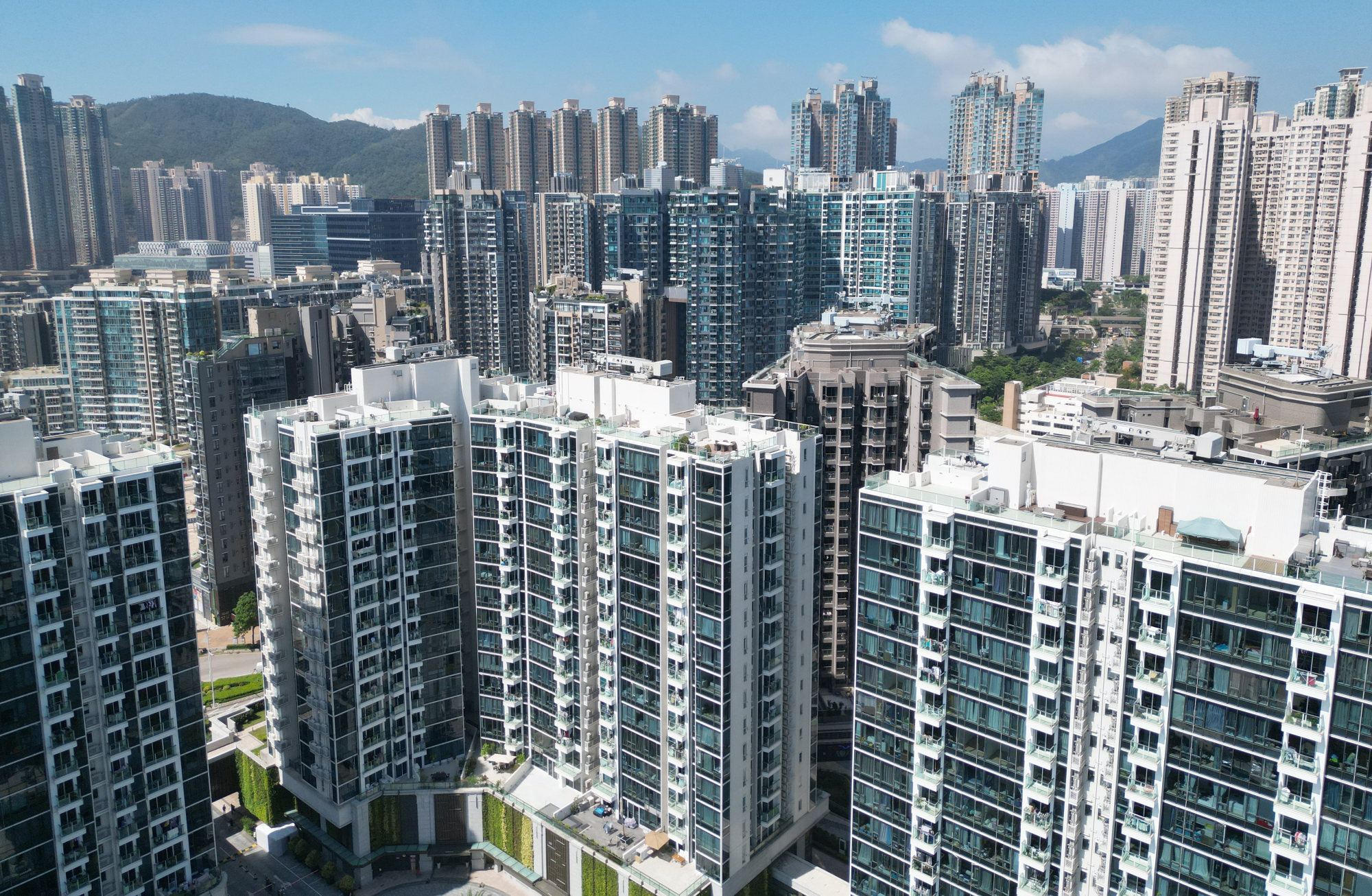The primary market logged 362 transactions in October, up 32 per cent from September’s 274 deals, but it was still the lowest monthly total this year. The October figure was also far below the 2,100 transactions recorded in March, according to Midland Realty.
Midland and Centaline are involved in nearly 90 per cent of all property transactions in Hong Kong, the world’s most expensive real estate market.

“Property agents are highly competitive, so they tend to use high rebates from their commission fees as a means to capture more business,” said Kelvin Wong Siu-kei, director of Real Estate Lab at the University of Hong Kong.
There are 40,013 property agents in Hong Kong as of October 31, according to the Estate Agents Authority.
“It is a very tough market now, as transaction volumes and prices are dropping,” said Victoria Allan, founder and managing director of luxury property agency Habitat Property. “Agency commissions are down, too.”
Allan indicated that agencies such as Centaline and Midland, which have hundreds of offices and thousands of employees, are probably trying to increase their commissions.
Midland Realty faces Hong Kong legal action for alleged sales commission fixing
Midland Realty faces Hong Kong legal action for alleged sales commission fixing
The commission accused Midland and two subsidiaries of directing agents to charge a minimum net commission rate of 2 per cent for first-hand residential properties starting on January 1. The net commission rate is what property developers pay to real estate agencies after deducting their expenses, such as rebates.
The watchdog said Midland had conspired with arch-rival Centaline and its subsidiary Ricacorp Properties, which were granted leniency in exchange for “fully cooperating” with the investigation and “providing substantial assistance”.
The regulator said fixing or restricting the rate effectively altered the final price of properties and contravened the Competition Ordinance.
That case, according to Real Estate Lab’s Wong, has also put a spotlight on the rebate system used by property agents to land deals.
Hong Kong developers back Midland Realty despite commission fixing scandal
Hong Kong developers back Midland Realty despite commission fixing scandal
The rebate system, according to various industry experts, gradually developed and became an established practice in 2013, when the Residential Properties (First-hand Sales) Ordinance (Cap 621) came into effect on April 29 that year.
The ordinance regulates the sale of first-hand, uncompleted and completed residential properties, according to the Sales of First-hand Residential Properties Authority. It sets out detailed requirements for vendors of first-hand residential property to comply with, in relation to sales brochures, price lists, disclosure of transaction information and sales arrangements.
The price list of a new project launch, for example, is required to be made available at least three days before the date of sale. Any change in the listed price of a specified residential property must be reflected in the revision to such a list, according to the ordinance.
Experts, however, have called for a review of the ordinance, including the regulation concerning price lists.

“Rebates serve as a price-adjustment tool for developers under [existing] regulation,” said Joseph Tsang, chairman of real estate services firm JLL Hong Kong. “And this has always been the case even when the [property] market was at its peak.”
When sentiment in the property market was good, developers created a record for high price per square foot so that some units can be put on the market at a later date and get sold at a higher price, according to Tsang. That way, agents can receive higher commission fees, giving them the flexibility to push rebates to homebuyers.
When the market sentiment is lukewarm, Tsang said developers are typically reluctant to reduce their prices, which will be reflected in the property’s price list. He indicated that this is used to measure the level of rebates agents can offer homebuyers.
Hong Kong home prices to fall by 10 per cent in 2024, UBS forecasts
Hong Kong home prices to fall by 10 per cent in 2024, UBS forecasts
Before 2013, the typical practice in the market was for prospective homebuyers to negotiate a property’s price directly with the developer, according to Real Estate Lab’s Wong. There was no requirement to release price lists, he said.
Property agents, according to Wong, are like lubricants between developers and homebuyers. He said agents, under the current regulations, help the developer adjust the property prices through rebates, as developers are restricted from directly negotiating the price with buyers.
“The ordinance has been effective in regulating and scrutinising the quality of properties, and make property information transparent,” Wong said. “But the rebate system also disrupts market information because the property’s real price can’t be [fully] determined, which is detrimental to the interest of buyers.”

